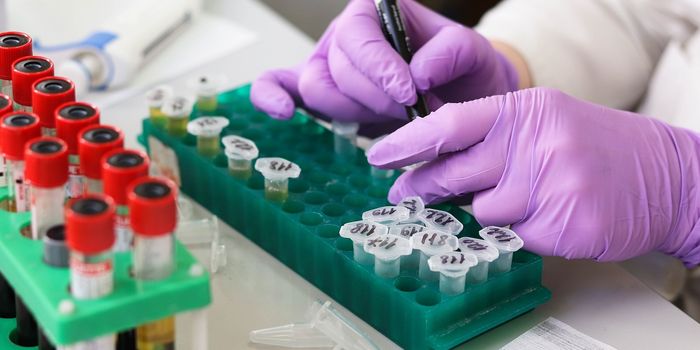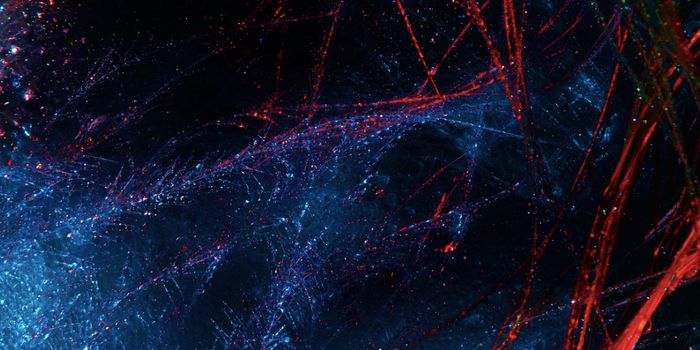Awakening Ancient DNA to Kill Cancer
In a recent study published in Nature, scientists from the University of Toronto described the discovery of ancient DNA within our genomes with immense hidden powers. These elements, which have been conserved over the course of humans’ evolutionary history, have the ability to trigger powerful immune responses, strong enough to eliminate cancer cells.
Daniel De Carvalho, a senior author of the study explained: “Humans acquired a series of ‘silent’ repetitive elements in our DNA over millions of years of evolution, but it has been unclear why or what purpose they serve.”
“As ‘genome archeologists,’ we set out to identify the function of these DNA relics and have found that under the right conditions they can be reactivated and stimulate our immune system.”
These so-called DNA relics are SINEs, or Short Interspersed Nuclear Elements, repetitive DNA sequences that typically lie dormant in a state of inactivity. Pharmaceutical agents known as epigenetic drugs, however, are the key to awakening these elements, which in turn set off the generation of double-stranded RNA.
The body interprets this flood of double-stranded DNA as a red flag signaling infection and calls for immediate innate immune system backup — which includes a flood of potentially cancer-killing immune pathways.
The immune system’s task of getting rid of cancerous cells, however, is an uphill battle. Tumors use a variety of sneaky strategies to evade capture, including the production of ADAR1: an enzyme that blocks SINEs’ double-stranded RNA from activating immune responses.
“Since the ADAR1 activity is enzymatic, our work provides an exciting new target for drug development efforts for a completely new class of drugs that could exploit these ancient weapons in our genome,” said De Carvalho. In the study, the team showed that removing the tumor’s ability to produce ADAR1 made them more susceptible to killing by the body’s immune responses.
Sources: University of Toronto, Nature.









